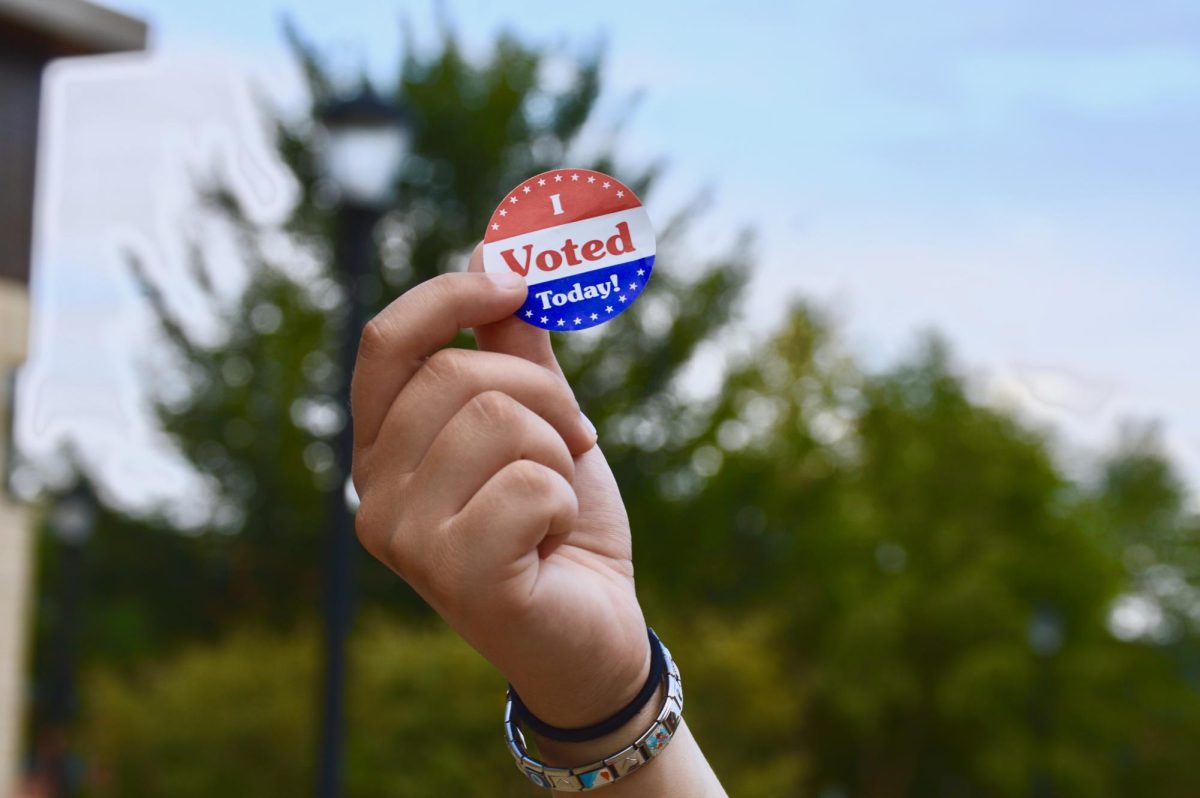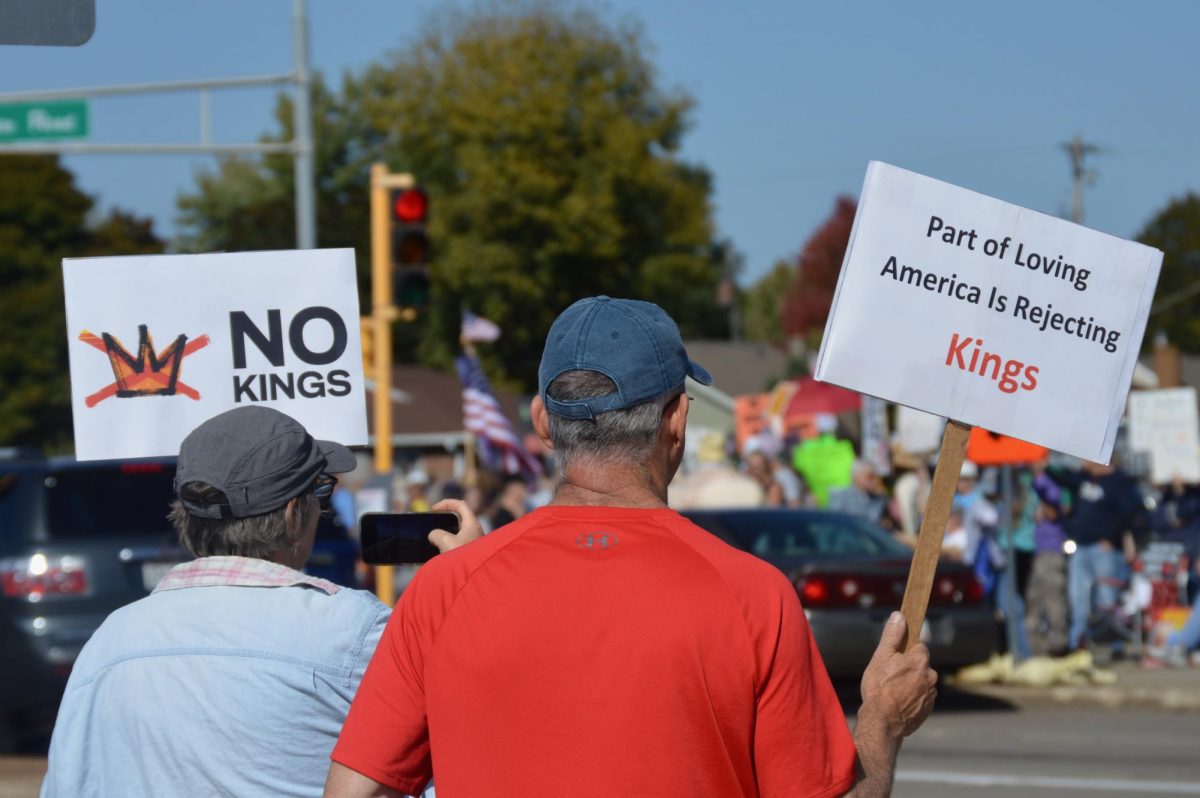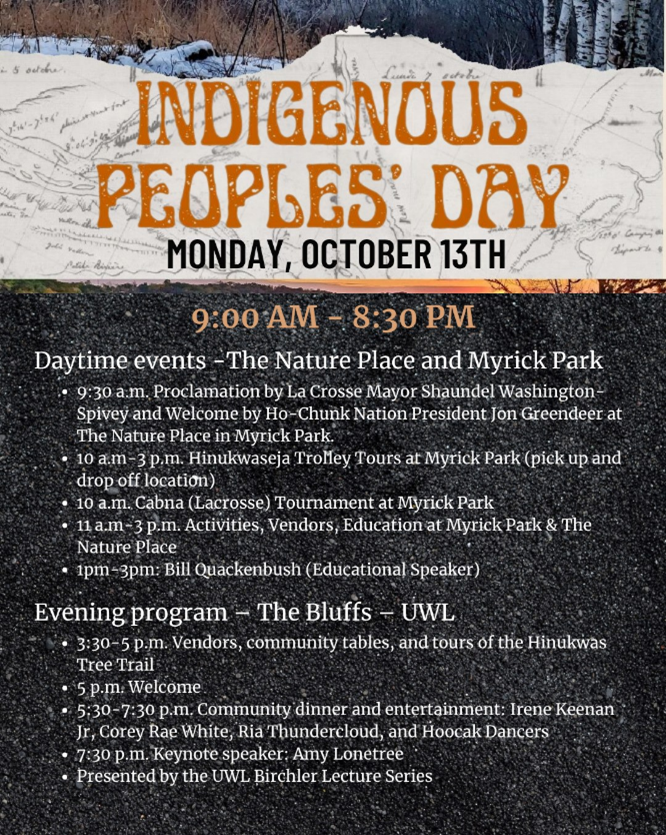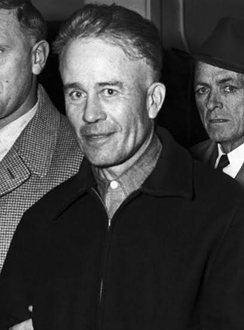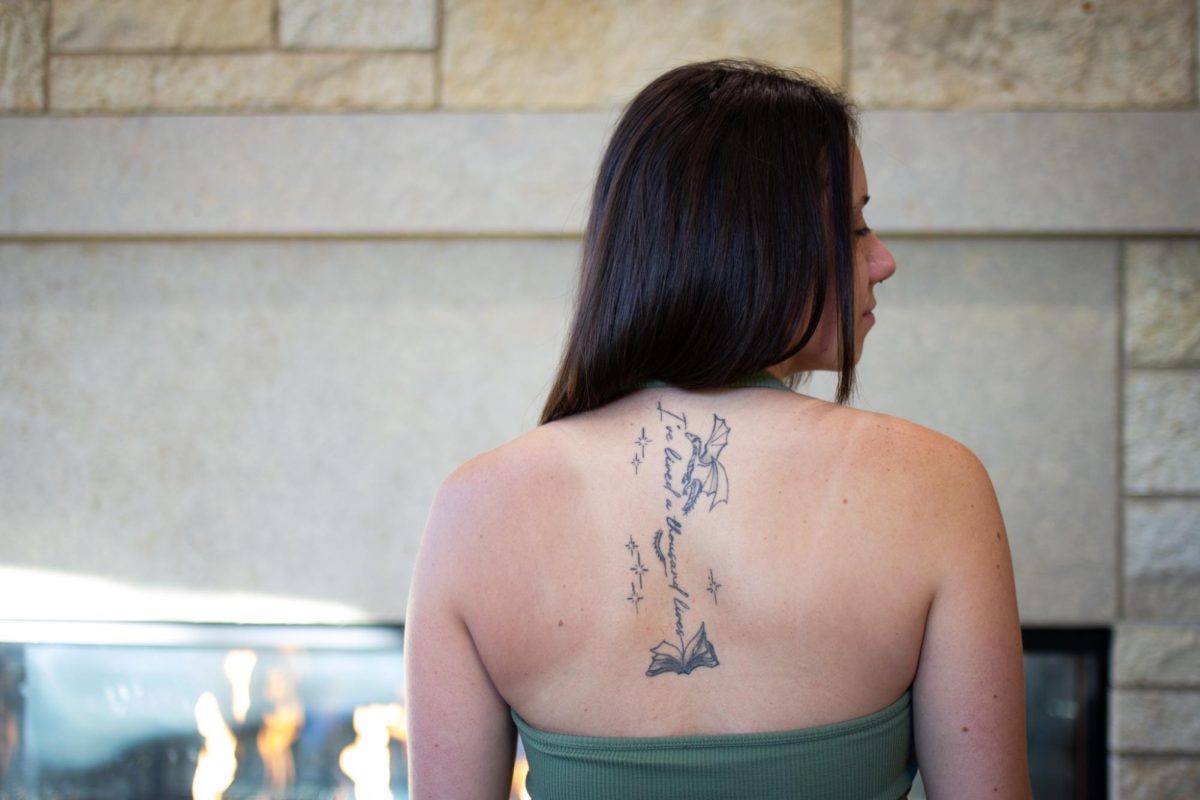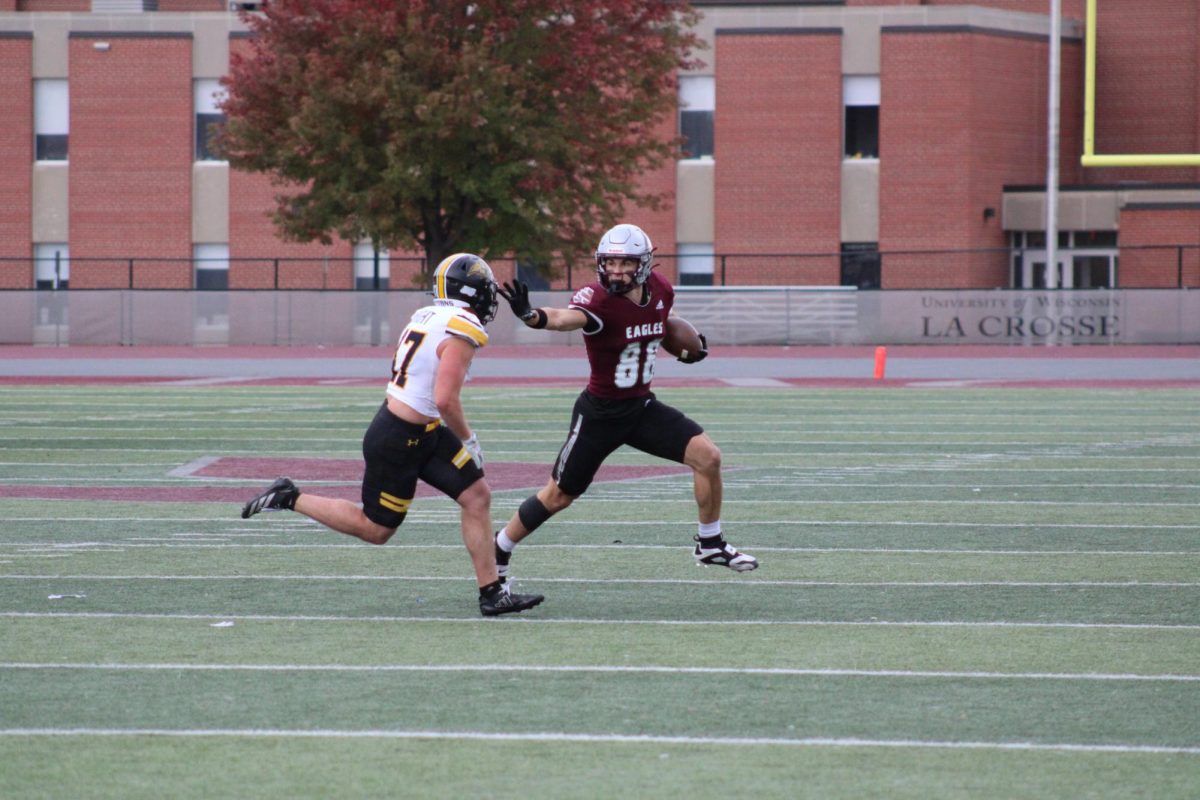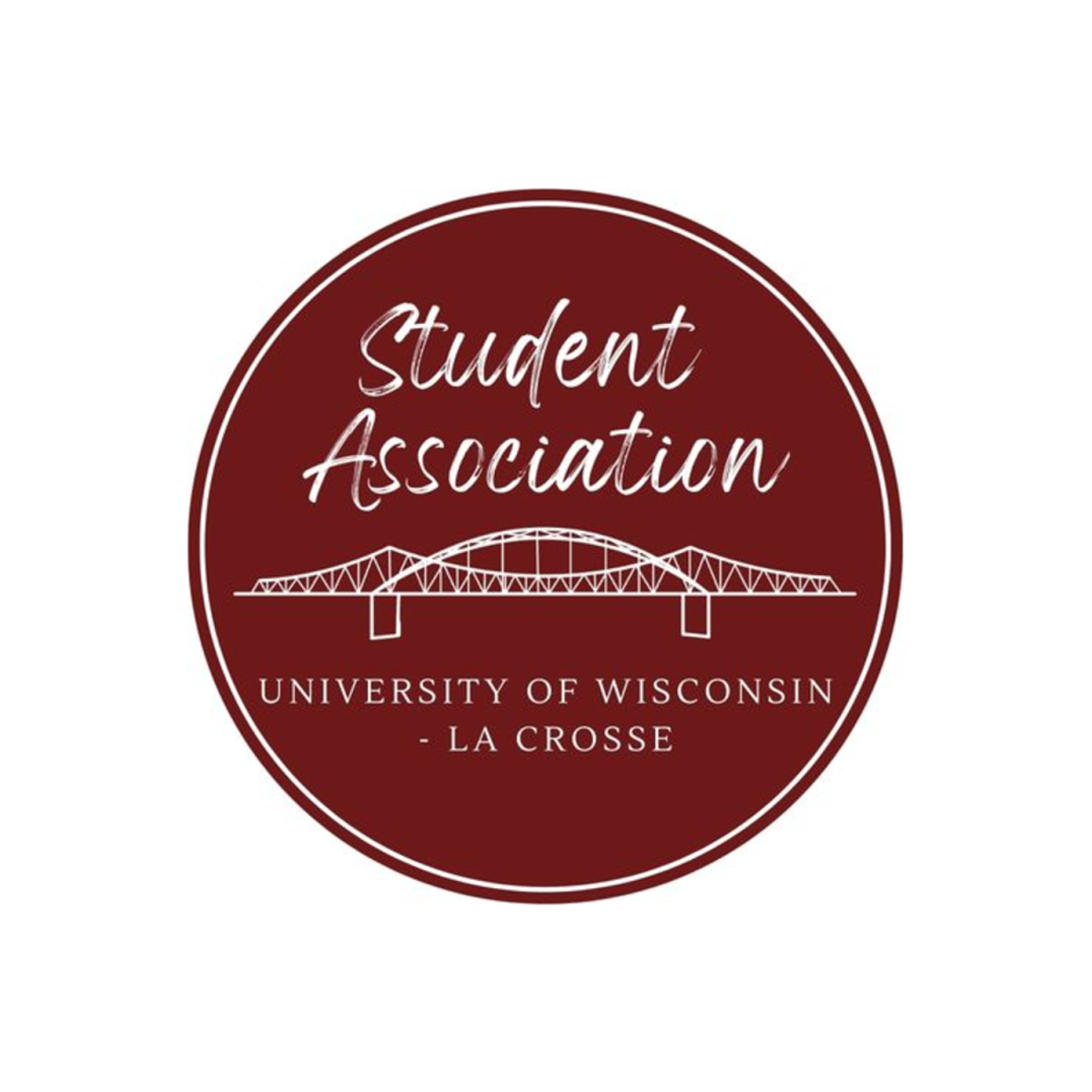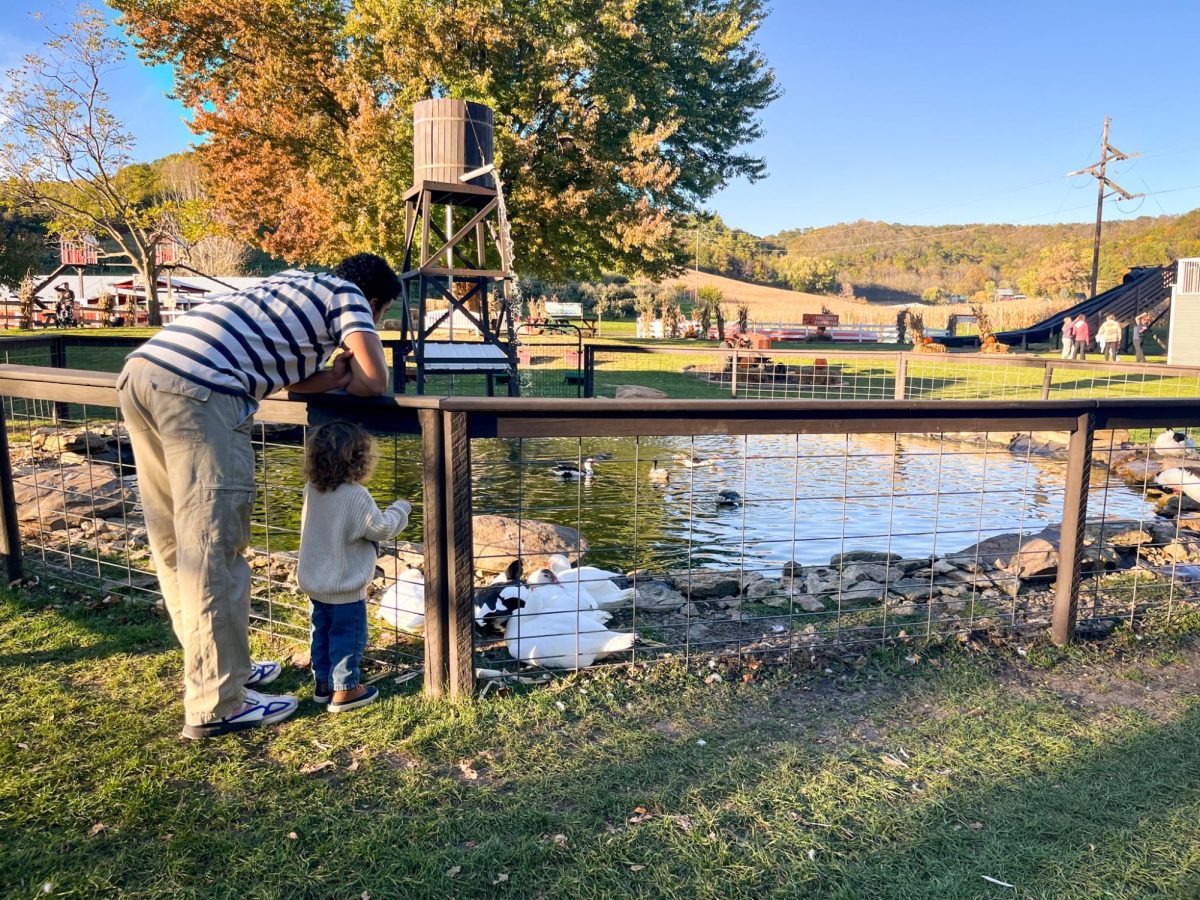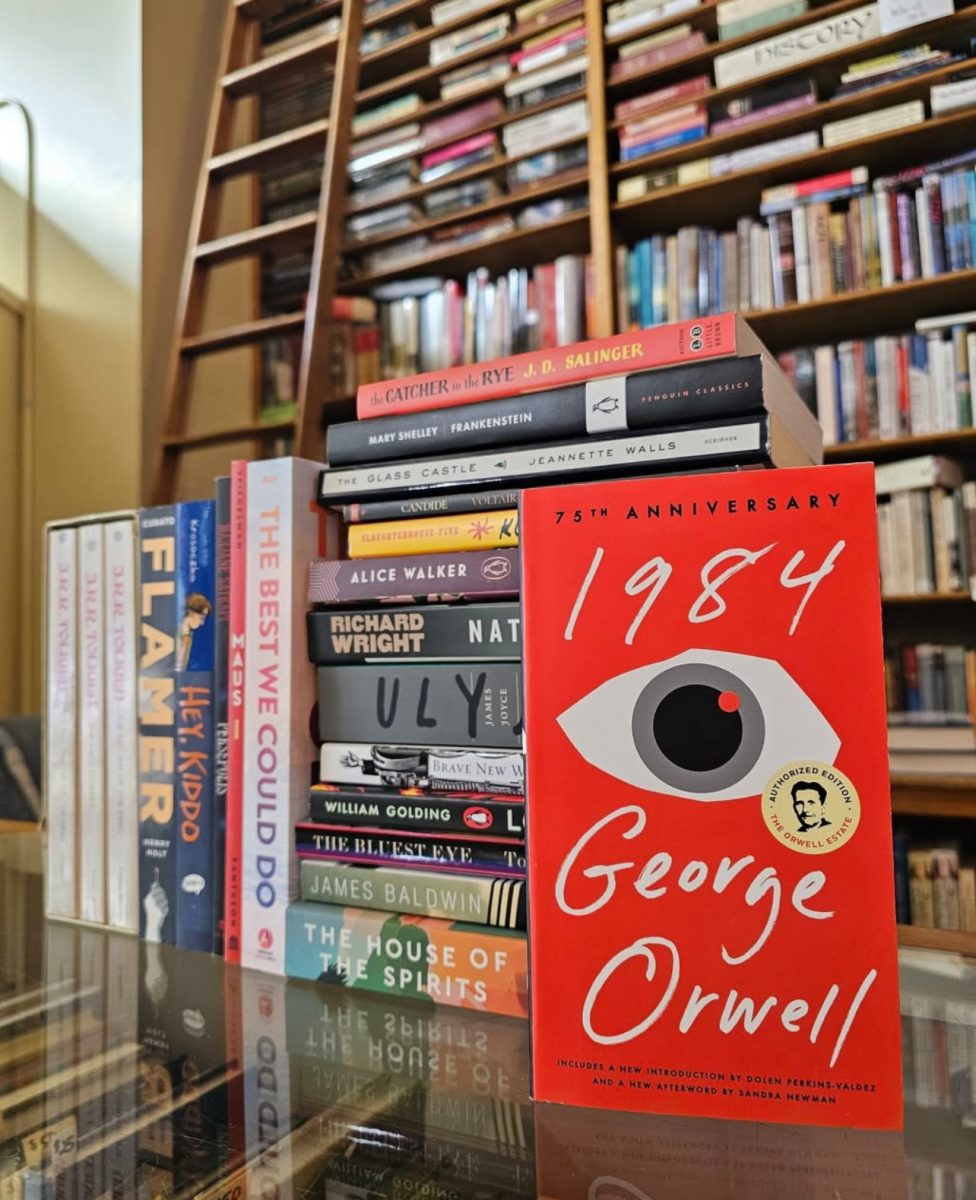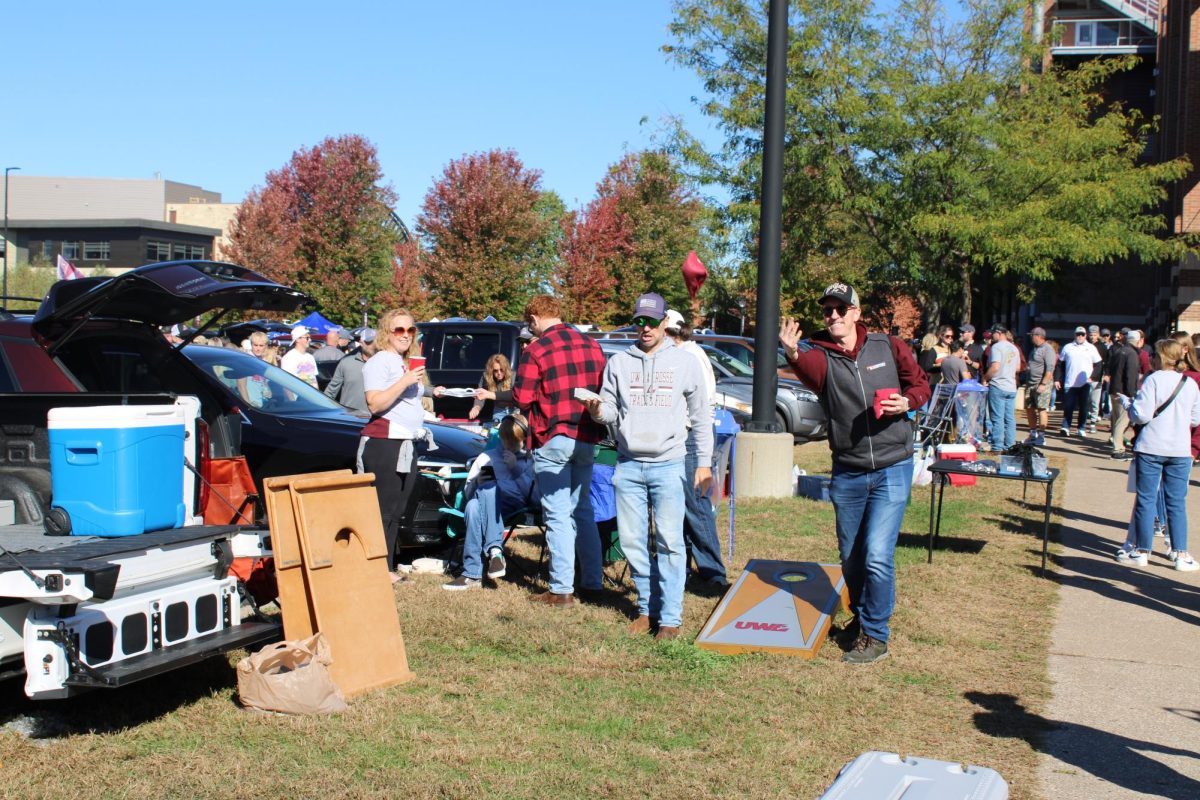On Feb. 18, the Wisconsin primary election will be held, with the general election on April 1. This year, with three candidates in the statewide race for superintendent of public instruction, every Wisconsin voter will have the chance to cast their primary vote.
The Spring Primary election is meant to narrow down candidates to be voted on in the Spring election; If an elected office has more than two individuals campaigning, then will it appear on the primary ballot.
The Racquet spoke with Chris Haskell, voter services coordinator at the League of Women Voters of La Crosse, about the importance of voting at the local level, as well as just federal.
La Crosse County’s unofficial results report for the presidential election last November reflects a whopping 98% voter turnout.
“I think people in general get all fired up about presidential elections … yet, in fact, a lot of those local officials are the ones that really affect your lives,” Haskell said.
Students who choose to cast their vote in La Crosse will see the superintendent of public instruction and mayor races on their ballot. Those residing in District 7 will vote in an additional council member race between Gary W. Padesky, Mac Kiel and John Reiman.
Three candidates are running in the race for state superintendent of public instruction: Incumbent Jill Underly, Jeff Wright and Brittany Kinser. The Department of Public Instruction (DPI) deals with school curriculum choices, education for children with disabilities, educator quality, providing resources for public libraries, and much more.
Haskell believes everyone has a stake in the quality of public education; “Who doesn’t care about the quality of our schools and who doesn’t want our schools to be the best?” she asked.
“Whether it’s because you care about the children of La Crosse, your own children, your grandchildren or you want to draw people to come into La Crosse, all of that … better schools can really increase the value of life in La Crosse,” Haskell continued.
Mayor Mitch Reynolds is not running for reelection, which leaves four newcomers vying for the position. These candidates include: Shaundel Washington-Spivey, Ellie McLoone, Vicki Markussen and Christine Kahlow.
Katie Berns, a sophomore at UWL and fellow with UWL Votes, spoke with the Racquet about the impact local officials can make on citizens’ everyday lives.
“The local government – that’s really where the little things that affect our daily lives are controlled,” said Berns.
She explained, “In La Crosse, the main issue on the ballot for at least the mayoral election is housing and I know that affects students immensely because in order to go to school, you need to be able to live somewhere nearby.”
Click here to read more about the candidates and their plans if elected.
Election day is soon approaching, but there are still a few opportunities to vote absentee if you wish. The deadline for requesting an absentee ballot is 5 p.m. Feb. 13 and ballots must be received, in-person or mailed in, by the municipal clerk by 8 p.m. Feb. 18. Other in-person absentee ballot return locations and times up to Feb.14 and can be found here.
Those who wish to vote on election day can do so at their local polling place. For students living on campus, in-person voting will be held in the Student Union. Students living off-campus can find their polling place here.
If you are not yet registered to vote, you can still cast a ballot, so long as you bring proof of residency and a photo ID to same-day register. A driver’s license with a current La Crosse address works as both. The polls will open at 7 a.m. and close at 8 p.m.
In the Spring election, the race for an open seat on the Wisconsin Supreme Court will be joining the nominated candidates on the ballot. Dane County Circuit Court Judge Susan Crawford and Waukesha County Circuit Court Judge Brad Schimel are each running to take over for retiring Justice Ann Walsh Bradley.
While Wisconsin had the most active youth voters in the November 2022 midterms, young people historically vote less than older generations. The decisions that are made today will stick with young people much longer, so their input is vital, Haskell explained.
“The group that votes the most is old people like me. So, if it’s okay with you all for the old people to make all the decisions, then that’s fine, but it’s important to hear what things are affecting your lives,” said Haskell.
She continued, “Things like the economy now and in your future, being able to own homes and even being able to afford to go to school and the quality of our post-secondary schools … All of that’s really important and it’s not so much a part of the lives of the older folks who vote a lot.”
Students with questions or who need additional resources can email [email protected] or visit UWL Votes office hours in the COVE. For voter information or to see what will be on your ballot, click here.

